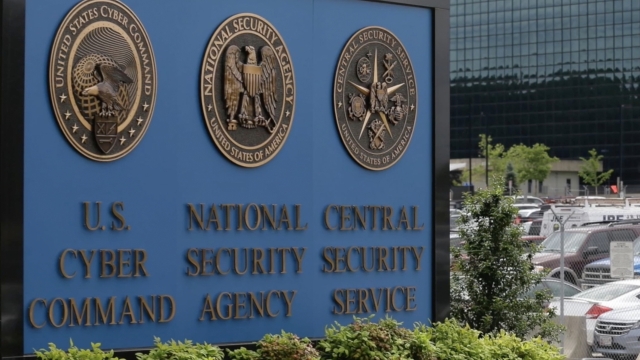Congress is facing another deadline. This time, lawmakers are trying to reauthorize an intelligence capability that advocates call an "essential tool in the war on terror."
The Foreign Intelligence Surveillance Act, or FISA, has been around since 1978. Section 702 of FISA was enacted after 9/11 with the goal of making it easier for the government to monitor foreign threats around the world.
The National Security Agency says section 702 is "the most significant tool in the NSA collection arsenal for the detection, identification, and disruption of terrorist threats." In 2022, it was used to collect the electronic communications, like emails, phone calls and texts, of nearly 250,000 foreigners.
"The information goes into the president's intelligence daily briefing. About 65% of that material comes from 702 collections. The idea that we would let that expire would be the height of national security irresponsibility," explained Sen. Mark Warner, the chairman of the Senate Intelligence Committee.
But data on Americans is inadvertently collected alongside the foreign targets. The government says protocols exist to protect Americans' privacy. But some argue those rules aren't enough and they want to see more reforms.
"Every agency that receives Section 702 data routinely searches through the data for the express purpose of finding and reviewing Americans' communications. The FBI conducted 200,000 of these backdoor searches in 2022 alone," said Elizabeth Goitein, the senior director of the Liberty and National Security Program at the Brennan Center for Justice.
Some lawmakers want to leave the program as it is. Others want new procedures and rules to better protect Americans' privacy. That debate is what's slowing down reauthorization.
One reform considered, but voted down in the House of Representatives, would have required U.S. law enforcement agencies to get a warrant before searching data collected by Section 702.
"The only reason that the government was able to get these communications in the first instance without a warrant was by certifying that it was targeting only foreigners overseas. So if that premise shifts, and if the government is now trying to locate and find an American's communications, it should have to go back and get the warrant that it skipped at the front end," said Goitein.
FBI Director Christoper Wray opposed the warrant requirement, saying it would slow down the agency's ability to disrupt terrorist and cybersecurity threats. Sen. Warner agrees, saying, "Those who either want to kill this legislation or cripple it with this warrant requirement, I think are just dead wrong."
Congress has until April 19 to reauthorize Section 702 surveillance and ensure the program can continue without disruptions. The House passed the reauthorization on Friday. It's now up to the Senate to meet the deadline.
SEE MORE: House votes to reauthorize FISA spy program amid political pushback
Trending stories at Scrippsnews.com



